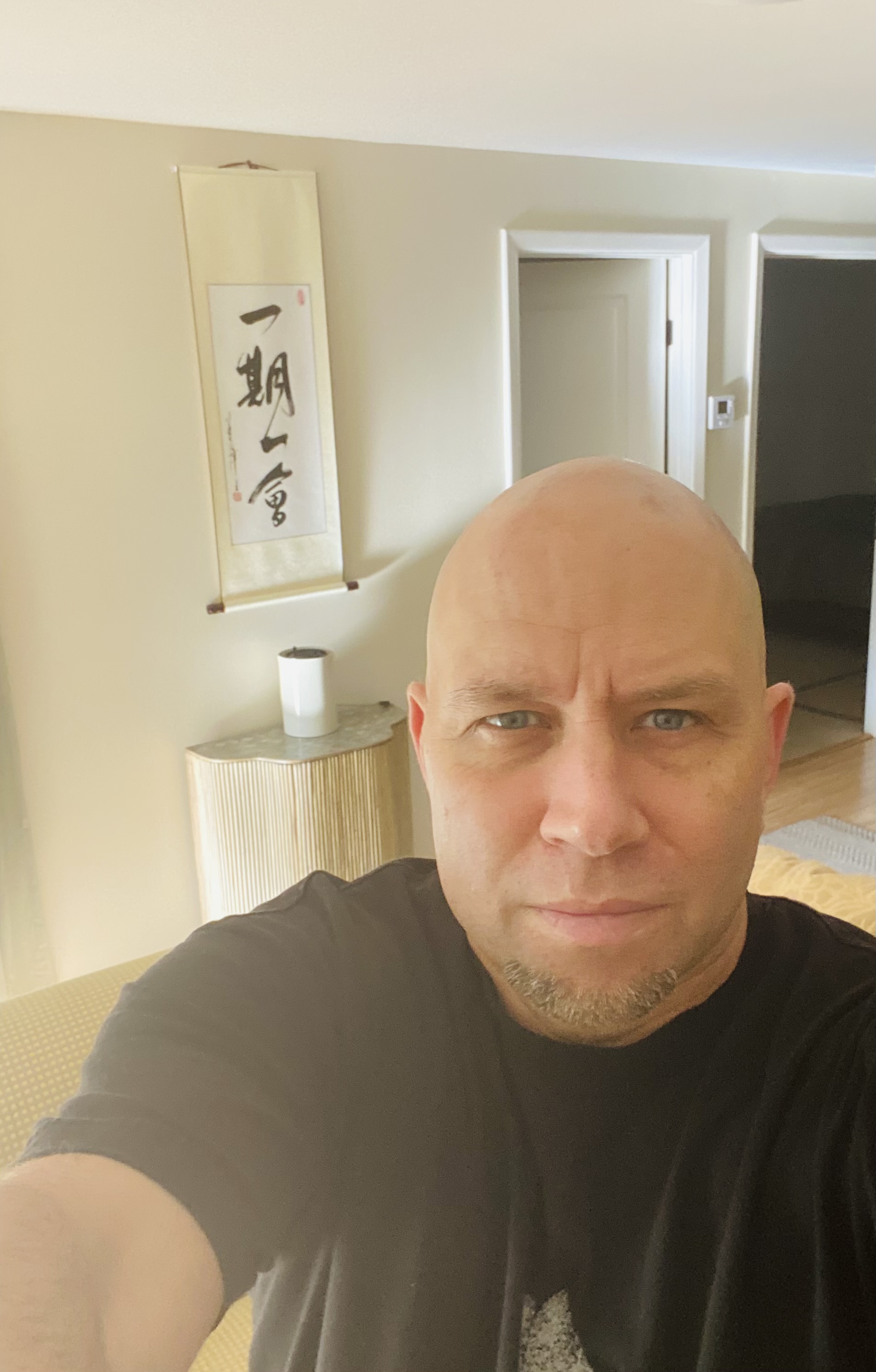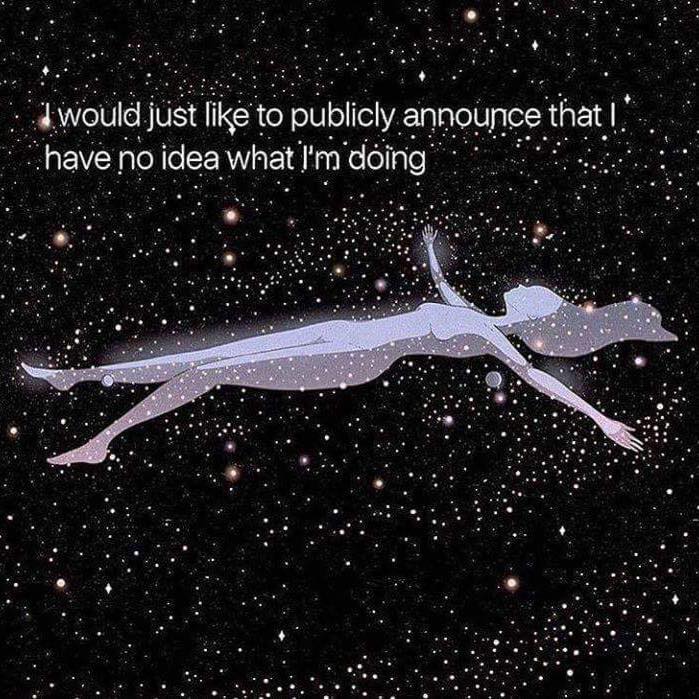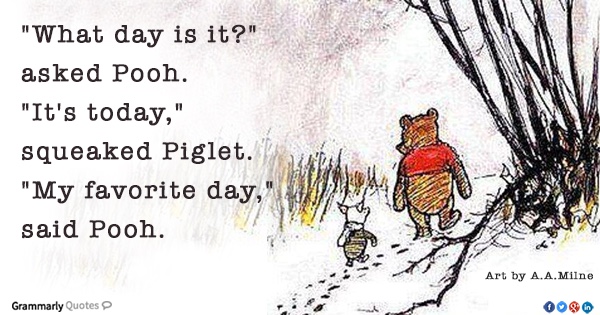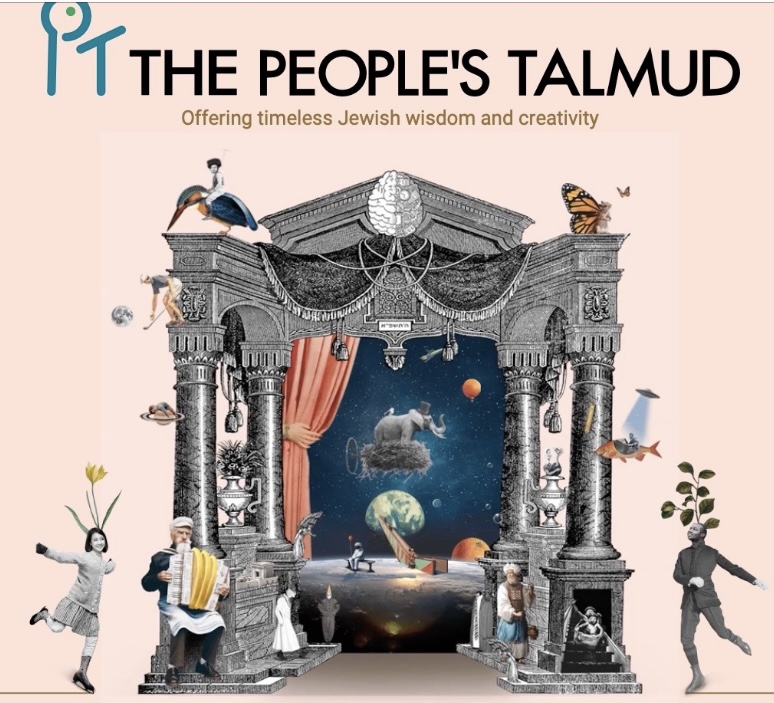Episode Transcript
[00:00:00] Speaker A: And I feel that my life experiences have led me to a place where I do feel that.
I feel like I'm okay being in a place of surrender enough that I can be catalyzed, if that makes sense.
[00:00:15] Speaker B: Yeah. You guys remind me of my students in Daytona, the college here. They have a great surfing team. Like, one of the best, right? You guys are surfers. The way they describe the experience when they're surfing, they're always arriving, and yet they're never there.
Is that accurate? I don't know.
[00:00:37] Speaker A: Also, I mean, living in San Francisco, right? I know a lot of surfers.
I've used that metaphor before, too. And, man, the minute you hold rigid to that board, you are down for the count. You've got to be light, and you've got to move with how the board is moving and move with how the waves are moving. And the minute you become rigid or try to predict, that's when you fall off your.
And I guess that's how I've learned after, like Joel was saying, getting knocked on my ass time and time and time again and getting pulled under that riptide and being pulled to the bottom and not knowing if I was going to come back up, that I learned, man, surrendering is a hell of a lot easier. It's scary, but I'll tell you, it's a hell of a lot.
[00:01:39] Speaker B: Then, in that sense, maybe, Joel, because you're a pretty active meditator still, right, Joel? Because it sounds like what you're describing, Lisa, is living.
[00:01:52] Speaker A: I'm not at all.
[00:01:53] Speaker B: No, I know, but it sounds like what you're describing is living meditation, in a sense.
[00:01:59] Speaker C: It's interesting.
I have a couple of things that I want to offer up.
One, Rich is something that allowed me to be more comfortable existentially, was actually a rabbinical teaching.
And it's actually a very beautiful story.
But it's about Rabzusha. Rabzusha was a student of a great rav, a great rabbi, and he had his own following. He was known to be very poor, didn't have a lot of money, and saw everything as kind of like a blessing. But with his students, I think he had quite a few very profound students become great masters in their own right. And when it was time for Rebzusha to depart from this world, the students gathered around him on sort of like his deathbed, and they were all talking and discussing with him different things. And it arose that one of the students asked him. They said, rabzusha, what are you scared of? Your time is coming. And time to depart from this world and go to the next. And in Judaism and Kabbalah and jewish mysticism and in jewish teachings, when you pass, you go to a heavenly court. So the balance of your deeds are determined by a heavenly court.
The interesting spin on that is the Balsham Tov taught that what happens is actually the judge of that. We don't know who the judge is, because the soul that judges has actually been disembodied from the memory of the incarnation itself. So if you follow what I'm saying, you yourself judge your own life without memory, that it was your life that you were living. So ultimately, you yourself are your own judge and your own jury. And so the teaching out of that is always in Judaism, to judge everybody favorably, because one day it'll be you yourself judging yourself.
But to get back to know, Rebzusha thought about the question his student had about what he would fear when he died. And Rev. Zusha thought long and hard. And it came to know, if I get to the heavenly court and the heavenly voice cries out, why weren't you like Abraham?
Rabzusha said, I won't be afraid.
And Rabzusha said, if the heavenly voice cries out, why weren't you like Moses? Rabzusha said, I will not be afraid.
Rabzusha said, the only thing that scares me is that if the heavenly voice cries out, why weren't you Rabzusha? I'll be very.
So, you know, I take that as a teaching.
Know, there's this notion that we have in the human incarnation because we are socialized and social beings, that there are ideas of perfectionism and ideals to attain, that are messages given to us which help us along our mission path, but can also be impediments to us being our true self, as Lisa has talked about. And so I really think that letting go that Lisa and I did in destabilization, in our mental health conditions, that we reassembled ourselves, but we reassembled ourselves with veils penetrated, certain veils were penetrated that are placed in this human incarnation. And one of the things that I was thinking about with you, Rich, is that you may not even realize how the universe utilizes you. It is veiled from you. And let me assure you, this, this is just my own take on it, but it is with good reason, but it is not that that valve cannot be penetrated. So that both are true, that you may not understand, as Lisa is offered in testimony and Veritas her experiences of your profound impact. And let me assure you, rich, a bat strikes a ball. It's not like gas, liquid, solid. You're not looking at a gas striking a solid or whatever liquid.
You struck her in that way because there's something in you that is that way.
So I wanted to point that out and reflect that back to you. And I also wanted to say that very pointedly, I came across this passage from Zen mind beginner's mind.
They're essentially, in my understanding of American Zen, the transmission from India to China to Japan to America. Two of the foundational texts or books on American Zen are. One is Zen mind beginner's mind. Chun Ru Suzuki's informal talks on, essentially Teisho is a Zen sermon. I guess you could describe it as like a Zen sermon.
So it's his informal talks on Zen. And the other is the three pillars of Zen, which is Roshi, Philip Kaplu. The thing that I want to share with you now, Rich and Lisa, is it's from Zenbaden beginners mind, and it's transcency. So it says we should find perfect existence through imperfect existence.
The basic teaching of Buddhism is the teaching of transcency or change.
That everything changes is the basic truth for each existence.
No one can deny this truth. And all the teachings of Buddhism are condensed within it.
This is the teaching for all of us wherever we go. This teaching is true. This teaching is also understood as the teaching of selflessness or emptiness. Shunyata your and Lisa and mine, our original face, our original self.
It is the very backdrop which all physical reality takes place. It doesn't change in us. It always has been and forever will be, cannot be destroyed.
Because each existence is in constant change. There is no abiding self. In fact, the self nature of each existence is nothing but change itself, the self nature of all existence. There is no special, separate self nature for each existence. You and I and Lisa are all the same thing.
And that's also the backdrop of.
And I think I wanted to share this with you because I wanted to point to this fundamental point. For me, when we talk about meaning, mission and purpose, for me, fundamentally, it is summed up in only one word. If you want to know your meaning, your mission and your purpose, the totality of it is summed up in one word, and it is through the veracity and the ferociousness and the dedication to this one word will determine the quality of your understanding of your meaning, mission and purpose. And that word is service.
[00:09:18] Speaker A: Service.
[00:09:21] Speaker C: How deeply you serve others. Because we are all the same self. You are only eventually, through karmic return of what you offer, we reach a point. We are the center of the universe itself. It has been given to us by the universe to be the center point of the universe itself, to build the world we wish to inhabit through how we move through this incarnation and every incarnation, with the notion that all we give in intention, thought, action and speech returns to us like inkind beauty to beauty, hatred to hatred. And so, because we are all the same self, what I give to Lisa and what I give to you is what I receive in the quality of our experience. Rich and Lisa, the quality of our experience is not what we receive from others. It's what we give to others.
[00:10:13] Speaker B: Guys are freaking great. I really mean it. I love you guys.
Both of what you have imparted to me is so.
I know.
I don't know. I may be still on a long journey, but I feel like I'm closer to some essential aspect of it.
And again, listen, I would love to talk about me for hours more, but I really am curious to know from you guys this is about me. Maybe that's why if I do evoke these things in other people, but through my questioning, it's because I am just genuinely seeking. When I find somebody with wisdom, I'm just all over it. I'm dying, and I need that. And I'm wondering with you guys. And again, it really does almost seem trivial because of all the things you've talked about, about the nature of your connection to the universe, because it seems so much wider than this. But how has this made you come to terms with the idea of just biological death? With the fact that with mortality, in that sense?
[00:11:28] Speaker C: So I think that the very nature of our human life is a paradox because we cannot exist without connection and relationship and comfort and love. And yet we are asked again and again to relinquish these things lifetime after lifetime.
And so people can say, yeah, I don't fear death or I'm pretty brave. Or you can say that there are all different kinds of different relationships and comforts within permanence.
For me, I feel in this conversation to articulate the need that I am very vulnerable, very susceptible to the suffering and grief of loss and pain and death.
[00:12:18] Speaker B: Yeah, that's interesting. So it's not like something you've overcome because of the insights you've garnered from the universe?
[00:12:28] Speaker C: Well, my understanding of it is that to speak about this in very genuine terms is that my father and I have a very deep, ancient past life affinity and connection.
There are reasons that make sense that we have evolved through time to this time and place. And yet there are things that Rumi says, do not grieve. Anything you lose comes around in another form, and so you're tested in that regard with death.
What I let go of is actually memory and attachment of this time and place, but I don't need to let love always finds love again.
When the bond is deep enough, the karma returns in future incarnations in the cognition. And the cognition and memory may not be there from the previous incarnation, but oftentimes consciousness itself does a strange thing, where time may slow when you reconnect with an ancient past life connection. It's happened to me before on a couple of occasions, and I'm fascinated by that, because really, if you examine that, there's a great sensitivity for our experiences that aren't cognitive and aren't even embodied about this incarnation, but a soul connection, reconnecting after loving and relinquishing, or releasing that love and connection and finding it again. There's something so exquisite in the not knowing that I have known this person before. I mean, there's something beautiful about that. So I'm just wondering. We've been going at this for about an hour and 40 minutes, and I'm just wondering.
I really just want to put Lisa on the spot and see. Do you have a poem for us, Lisa?
[00:14:23] Speaker A: Do I have a poem?
[00:14:27] Speaker C: What do you got?
[00:14:29] Speaker A: Oh, my goodness.
Should I read the one that you liked, Joel? Very generous like that. Where's the mics, man?
[00:14:39] Speaker C: The mike's hard lemonade. Yeah, it's coming.
[00:14:44] Speaker A: All right, rich.
[00:14:45] Speaker C: That's a reference. We did a podcast in 2013 in Lisa's Hyundai Elantra in a gas station parking lot.
[00:14:55] Speaker B: I listened to that in Delaware.
[00:14:59] Speaker C: We had american spirits and Mike's Harvey lemonade. And I think we had Rumi. We had Roshi, Philip Kaplu's Zen teaching. Zen practice, some pringles. What else?
[00:15:15] Speaker A: And it was a three hour long thing. And, man, by the end of it, we were wasted.
It got more and more hilarious as time went on. It was a blast. It was just awesome. Yeah, I heard it. I love it.
All right, so, poem. All right, I'm going to read this one because you liked it the other day, Joel. Okay.
[00:15:42] Speaker C: Okay.
[00:15:43] Speaker A: All right. So this has been a recurring theme in my life. And so this poem, I think, captures that sense of longing and finding the balance between what I want and what the universe wants of me and me trying to extract from other people what I want from them, and the frustration that I come up against when I do that. And this, I think, is a reminder to just let all that go.
And I just want to share that. This poem came out of.
So this was one of the poems that I wrote in that context. So this is like last year.
My words dropped like acorn husks, heavy and hollow, hoarded by thieves who stuff them in cheeks and bury them for days. The reft of light. I reach into your empty mouth with fingers, attempting sleight of hand to manifest oaks from fallen ash.
Not a snap nor a gong can yield a forest from a sapling, nor yield a bridge from charred leaves, nor transform your silence into a symphony. If I'm alone in the forest, did I make a sound at all?
Thank you.
[00:17:23] Speaker C: Any final thoughts? What would I like to say in wrapping up here today?
I do want to say this. I've come to a place in spirituality, spiritual. What is practical for me is now what is spiritual, and what is spiritual for me is practical.
[00:17:41] Speaker B: Yeah, well, just for me, I think that message combined with lisa's saying about maybe for me, grounding this search that I have, this relentless, endless search that I have in my body and in the immediacy of my just becoming aware immediately of where I am physically and even psychologically, in a more just sort of visceral way, because then what is it? Chop wood and fetch water?
Something along? That's where enlightenment is, or whatever. And maybe that is, in some sense, a good, narrow lesson for me to.
[00:18:28] Speaker C: Focus on, at least. I'm just wondering, what do you want to take us out with? What thought or vision or sharing that you want to express, to take us.
[00:18:37] Speaker A: Out with the magnitude of the gift of both of you in my life. I don't have the words.
I feel beyond privilege to just have been given the gift of both of you in my life. And, rich, it's been 30 years, and we've had quite a journey, and I'm so grateful that you've been a companion on that journey and the many vicissitudes of it. I'm so very grateful for that. So I love you both so dearly, and I just feel humbled and grateful to have you both in my life as teachers and companions. So thank you.




